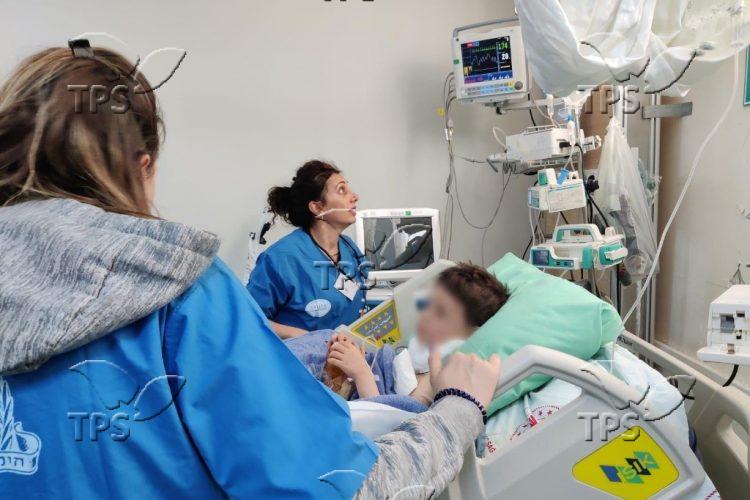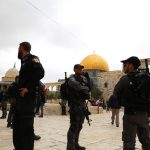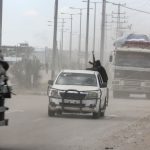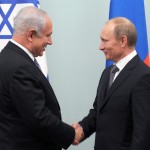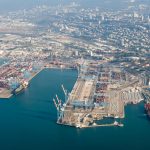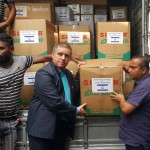Syrian Victims of Turkish Earthquake Shocked to Be Treated by Israelis
Jerusalem, 13 February, 2023 (TPS-IL) -- It’s not surprising that the Israeli medical team treating Turkish earthquake victims in Kahramanmaraş are also treating Syrians. Of the millions of Syrian refugees who were already in Turkey, thousands were living in UN refugee camps in and around the southern Turkish city.
In a phone call with the Tazpit Press Service, Lt.-Col. Dr. Ofer Almog described the reactions of some of the Syrians after learning they were treated by Israelis.
“We have been treating Syrians, people who were injured in the earthquake and people who just needed care,” Almog told TPS. “We’re happy to, because we have the opportunity to help these unfortunates.”
The Turks lost their homes, but “the Syrians were refugees even before the earthquake,” Almog said. “We extend our hand to them.”
“In some cases, they were very emotional, very surprised that the Israelis weren’t who they were told we are,” Almog told TPS. “One person said that everything he was taught all of his life about Israel was a lie. This was the first time they were meeting Israelis, and we weren’t as bad as he thought.”
Almog, an anesthesiologist and senior officer in the medical team told TPS he arrived in Kahramanmaraş last Monday as part of a team tasked with selecting a site for the Israeli Defense Force’s field hospital. But in the end, it was decided for the Israelis to work inside the Kahramanmaraş Necip Fazil City Hospital.
The field hospital — which has the distinction of being the only one to receive the World Health Organization’s highest score possible — has not been set up.
“It’s easier when you have the infrastructure,” Almog explained. “The city is very crowded and it was difficult to find an open space” large enough for the field hospital. Another reason for working in the hospital is that “most of the staff fled after the second earthquake. They only had an emergency department.”
As the hospital’s own staff gradually returns, the Israeli and Turkish medical personnel are learning to work together, which Almog says isn’t necessarily straightforward.
“Many don’t speak English, and it was hard to find enough translators,” Almog said. The Foreign Minister sent some translators and the teams got more comfortable working together, as “they acknowledged that we’re here to help and that we’re not here to replace them.”
“It’s natural for native medical teams to be suspicious of foreigners working in their hospital.”
Almog said that a plan is being considered for the Israelis to open small, specialized clinics near the refugee camps. “At the moment, there’s no need for a field hospital because all the regular hospitals are getting back to work.”
On Sunday, Israel’s United Hatzalah volunteer -emergency response organization ended its mission early, citing “concrete and immediate threat” to the delegation working in the city of Gaziantep.
Asked about threats to the Israelis in Kahramanmaraş, Almog said, “I can speak for my team of 150 personnel. We’re not afraid. We’re working with local teams and local people, and we’ll work here as long as we are able to.” He noted that the team has security and intelligence, and “there is no need to change what we do.”
Almog noted that he doesn’t know how long the mission will continue.
“The IDF Medical Corps will do whatever is needed to aid people in disaster zones,” he said.

